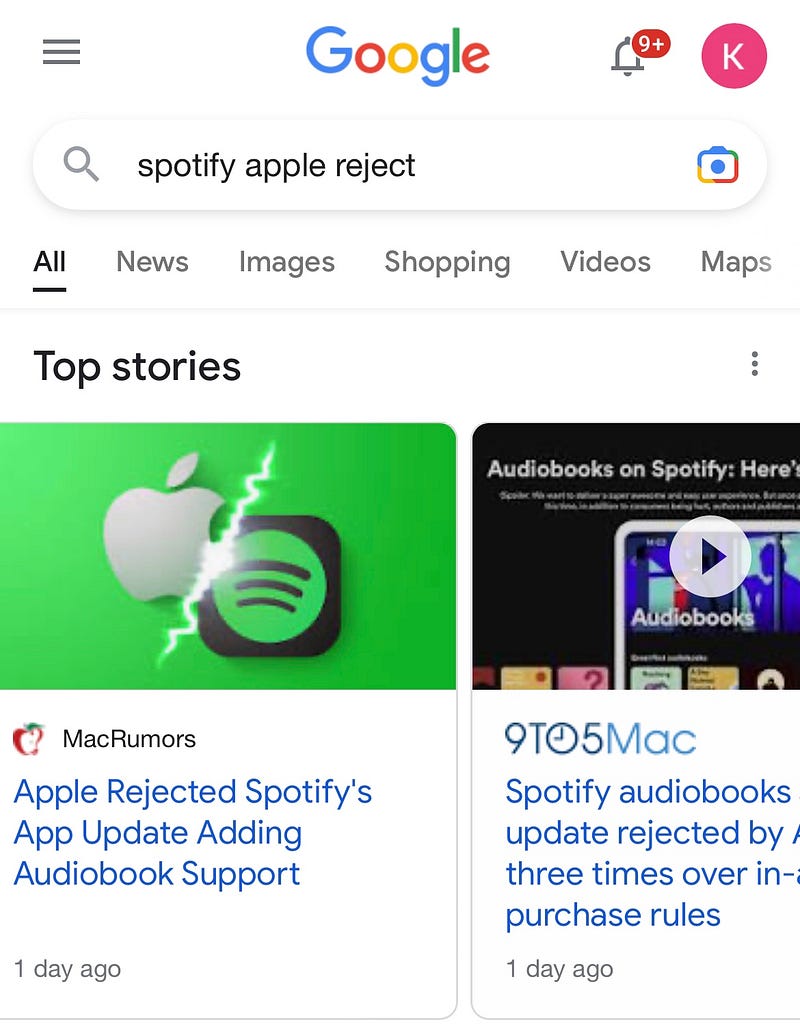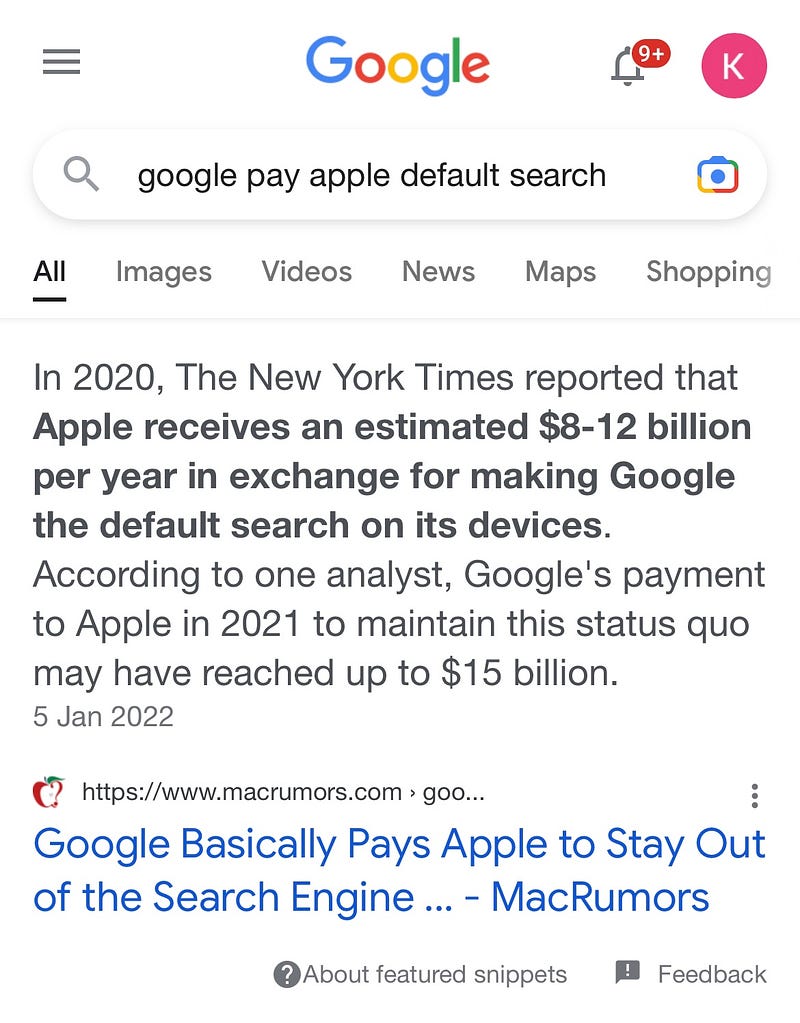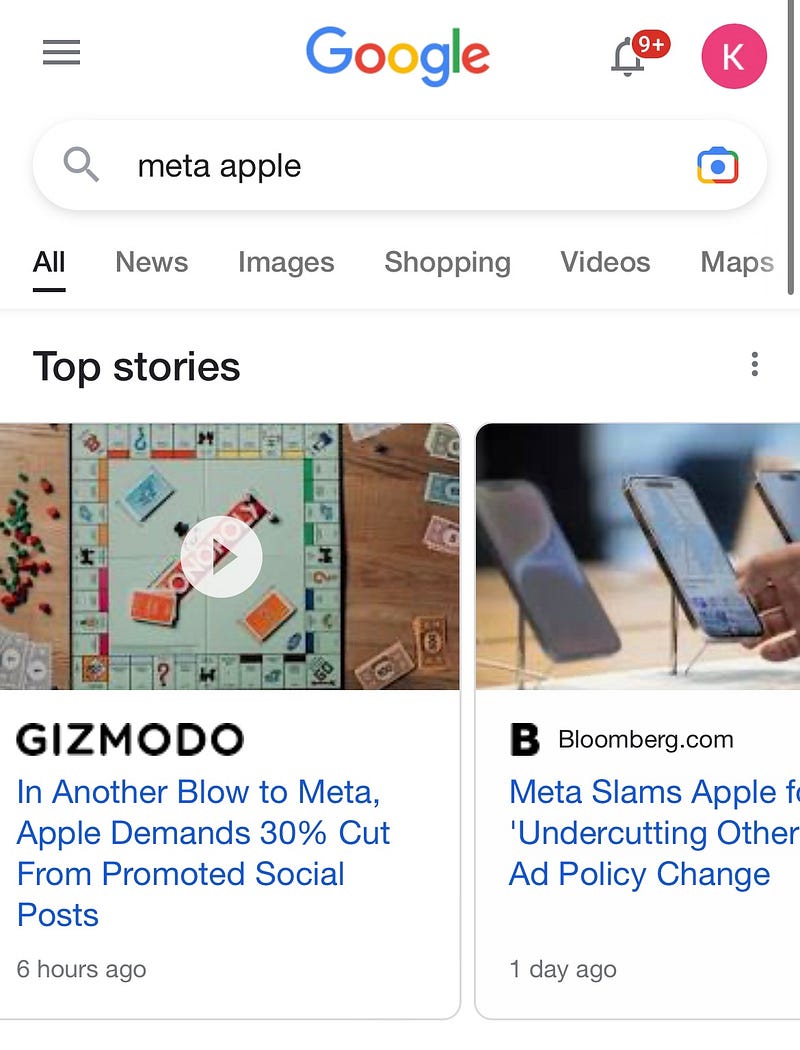# Meta's Quest to Evade Apple's In-App Payment Regulations
Written on
Understanding Apple's Policy Changes
Recently, Apple revised its policy regarding in-app purchases, encompassing a broader array of transactions. While this update may not directly impact everyday users, it poses significant challenges for larger corporations like Meta and Spotify, whose operations rely heavily on Apple's ecosystem.

The Case of Spotify
Similarly, Spotify has been exploring alternative methods to sell audiobooks while navigating Apple's stringent policies. The company's efforts illustrate the lengths to which these organizations will go to bypass the restrictions imposed by Apple.

The Power Dynamics of Platforms
Apple holds the upper hand in this scenario, exercising its right to dictate terms on its platform. If companies are dissatisfied, they have the option to withdraw their applications altogether, similar to Epic Games' stance with Fortnite. Apple has invested heavily in developing tools and enhancing the iOS ecosystem, resulting in its platforms gaining widespread popularity. This success has led other companies to seek a share of profits without contributing to Apple's infrastructure.
The Android Dilemma
Even though Google controls Android, the company has faced criticism over anti-competitive practices, prompting it to innovate with ChromeOS. This operating system integrates Chrome as a fundamental element, ensuring the continued use of Google products. Microsoft, too, has been implementing strategies to make Edge the default browser in Windows, further complicating the landscape.
Leeching Off Apple
Companies like Meta, Spotify, and Epic are attempting to capitalize on Apple's success without offering any reciprocal value. For context, Google compensates Apple approximately $8-12 billion annually to maintain Google as the default search engine, while other firms are seeking ways to circumvent Apple's payment protocols.

A Potential Shift in the Market
Ultimately, larger corporations have the ability to develop their own mobile operating systems and set their own rules. If creating an entirely new OS seems daunting, they can always modify Android or utilize Vanilla Android, as demonstrated by Amazon with its Kindle platform.
Consumer Considerations
From a consumer perspective, the security of in-app purchase vetting by Apple and Google is paramount. The risk of encountering a rogue company that could charge exorbitant fees for simple transactions is a genuine concern for users, making the established systems more appealing.
